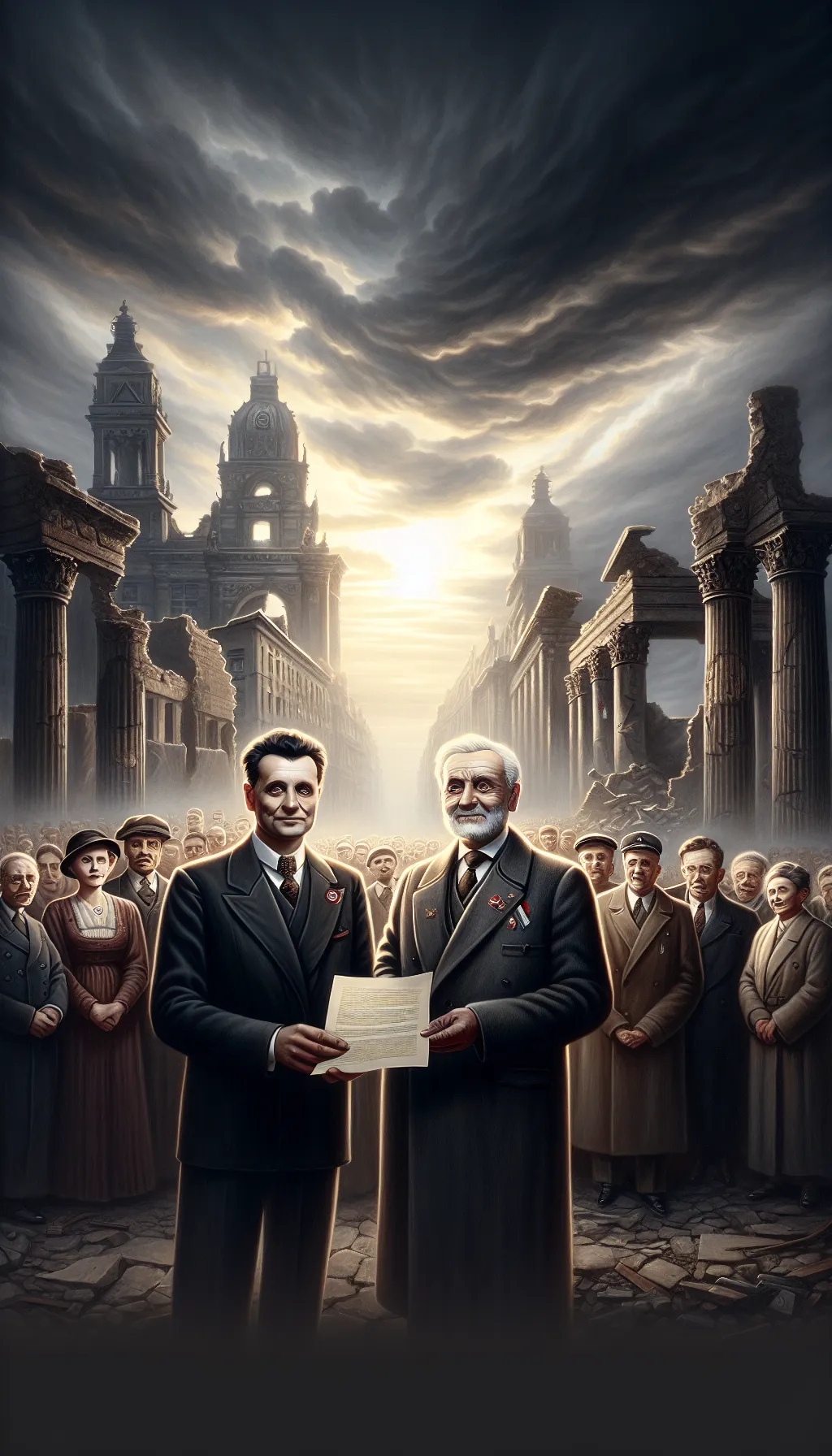France – The Birth of Unity – The Schuman Declaration and the Path to European Integration
TLDR;
- Event: On May 9, 1950, French Foreign Minister Robert Schuman proposed the creation of the European Coal and Steel Community (ECSC), a pivotal step towards European integration.
- Purpose: The ECSC aimed to pool coal and steel resources of France and Germany under a supranational authority to prevent future conflicts and foster peace.
- Outcome: The proposal led to the Treaty of Paris in 1951, establishing the ECSC with six founding members, laying the foundation for the European Union.
- Legacy: May 9 is celebrated as Europe Day, commemorating Schuman’s vision of unity and peace that shaped the EU.
–
Story
In the aftermath of two devastating world wars, Europe stood at a crossroads. The continent was scarred, divided, and yearning for a new path forward. On May 9, 1950, a bold vision was unveiled that would change the course of history. French Foreign Minister Robert Schuman, with the proposal largely crafted by Jean Monnet, stepped forward with a plan that would lay the groundwork for what we now know as the European Union.

The Schuman Declaration was not just a plan; it was a daring leap towards peace and unity. Schuman proposed the creation of a European Coal and Steel Community (ECSC), a revolutionary idea to pool the coal and steel resources of France and Germany under a supranational High Authority. This was not merely an economic arrangement; it was a strategic move to bind the nations of Europe so closely together that war between them would become not only unthinkable but materially impossible.
The turning point came with the realization that cooperation, rather than conflict, could be the key to prosperity. The Schuman Declaration was met with enthusiasm and hope by many, including the Benelux countries and Italy, alongside France and West Germany, though some nations like the UK were skeptical or declined to join initially. It set the stage for a new era of collaboration, culminating in the Treaty of Paris signed on April 18, 1951, and entering into force in 1952.
Today, May 9th is celebrated as Europe Day by the EU, a testament to the enduring legacy of Schuman’s vision. The European Union, with its roots in that fateful declaration, stands as a symbol of unity and peace in a world that often seems divided. Meanwhile, the Council of Europe, a separate body, celebrates Europe Day on May 5, marking its 1949 founding.
–
| Would a different approach to post-war Europe have changed the course of history? |